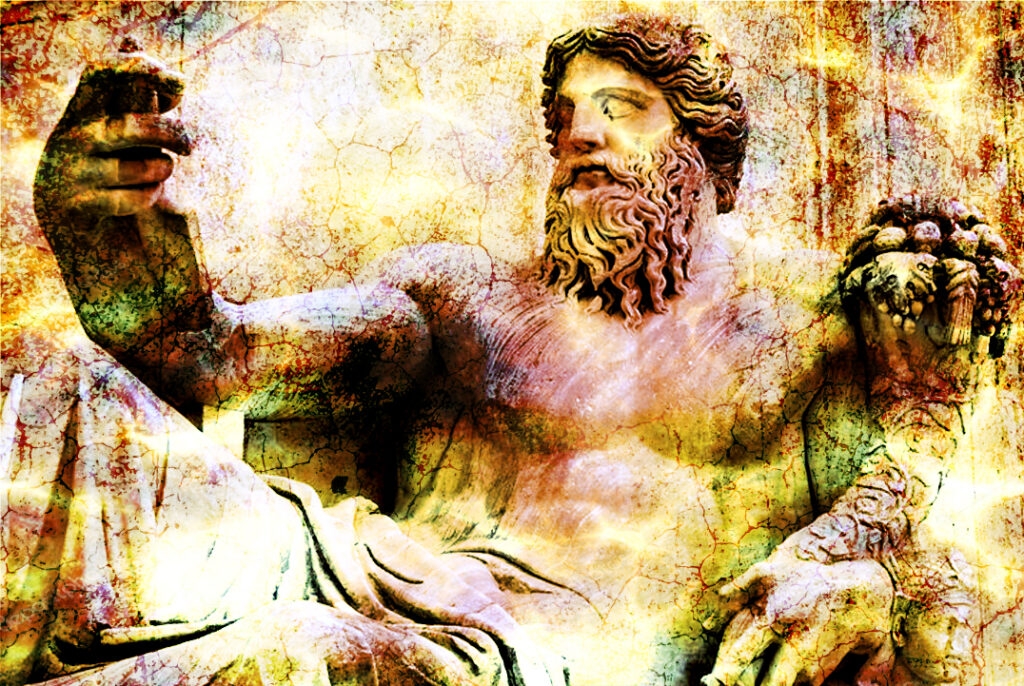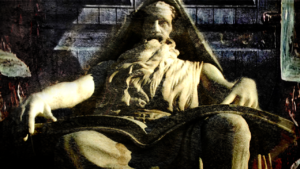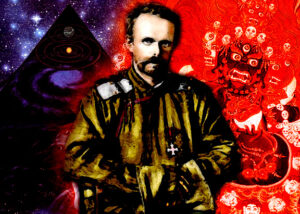Deific Symbolism

Massive standalone forces in the world of nature and man require representation in godhood. This was the method our classical ancestors used to label and describe an unnameable force, allocating it a name and even a face. And ever-after placing associative forces within the purveyance of that name and face. This was done as accurately and naturally and intuitively as a mere mortal possibly can, when daring to categorize (for his own understanding) the natural or supranatural.
Some forces can be attributed to pre-existing gods, and this is a wise and humble choice for a mortal, rather than create a false or temporary idol. However forces that are new (at least in discovery) and forever-after prevalent and relevant, require, like the naming of a house god, an attribute of anthropomorphic familiarity. So that we may dwell on them, pray to towards them, invoke, understand, and represent them through ritual, prayer, and thought.
In speculating the creation of recent and man-made gods, these deific creations must be thought of more similarly to house gods or other lesser representations (such as the Roman gods of the doorway and the threshold). Their naming convention, when not derived from a prehistoric root, we might assume to be viable ‘inventions’ for the reason that attempting to name them is a human relation need (for forces beyond our truly grasping) and that nature and human culture demand it, consequentially. We cannot have a whole understanding of these forces, generally speaking, for a whole understanding implies mastery and having power over the concept or thing itself.
I have long thought and spoken of the need to think of modern phenomenon (such as the globalist-supply-chain system itself) as gods or demigods of a sort (sadly they seem to be predominantly evil or anti-human forces). Ted Kaczynski imagined ‘the technological system’ itself as a kind or organism. If it can be considered so, then it is surely a very holistic organism, and worthy of conception as a dark and sinister machine-deity.
I think forces like evolution also deserve this cultural/spiritual category. While such a long-term force as natural selection is no doubt aligned under the impetus of an existing deity (evolution seems fitting for a time-god like Chronos, for instance). Such forces may perhaps be given an individual sub-category beneath this larger label. Of course what to actually name ‘the god of evolution’ is tricky, in this case I would be inclined to name it what it is: evolution. But to think of it in effigy as female.
I cannot say more for the moment.











